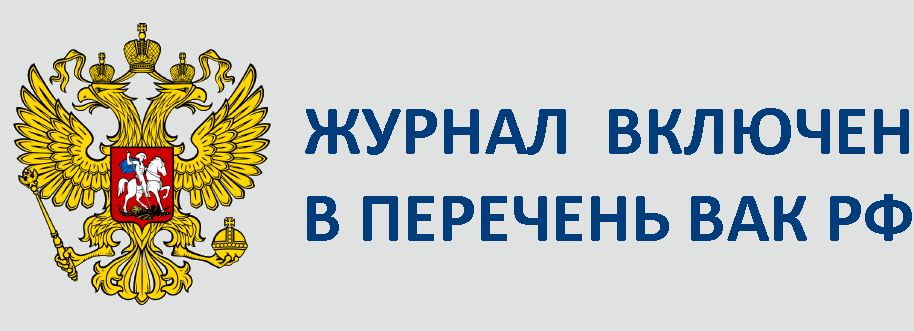№1-2024-01
DOI: 10.22281/2413-9912-2024-08-01-07-15
Antonov B.A.
CARL SCHMITT’S POLITICAL THEOLOGY:
THE HISTORICAL BACKGROUND OF THE ISSUE
The text of C. Schmitt’s “Political Theology” was published in 1922, when the actual fall of the Weimar Republic provoked the beginning of the ideological struggle of German intellectuals the result of which was the rise of national socialism. In connection with this, «Political Theology» is rightfully considered an actual scientific representation of the history of Germany in the twentieth century, and his theory of sovereignty and sovereignty represents a conditioned choice of the country in favor of national socialism. Unlike most theologians of the 20th century, Schmitt considers political theology as a methodological approach with which it is possible to reconstruct the corresponding (to a particular historical period) picture of the world, using the similarity between metaphysical and state-legal concepts as the basis for such reconstruction. The key concept confirming this similarity is the concept of sovereign, which is historically and legally associated with the concept of absolute power. The author of the article focuses on the multiplicity of interpretations (from purely positive to extremely negative) offered by Schmitt’s supporters and opponents regarding his understanding of political theology in general and absolute power in particular. The basis for putting forward a number of critical arguments against Schmitt’s political theology is the recognition of its methodological inconsistency, which is explained by the lack of any evidence on the part of its author regarding the identity between theological and state-legal concepts. As a result, political theology is often used as an orthodox rhetorical practice, which leads to direct, non-critical borrowing of religious concepts by modern political leaders.
Keywords: political theology, sovereign, sovereignty, sociology of (judicial) concepts, sociology of sovereignty, absolute power, state of emergency.
Russian State University for the Humanities (Russia)
Это произведение доступно по лицензии Creative Commons «Attribution-ShareAlike» («Атрибуция — На тех же условиях») 4.0 Всемирная






